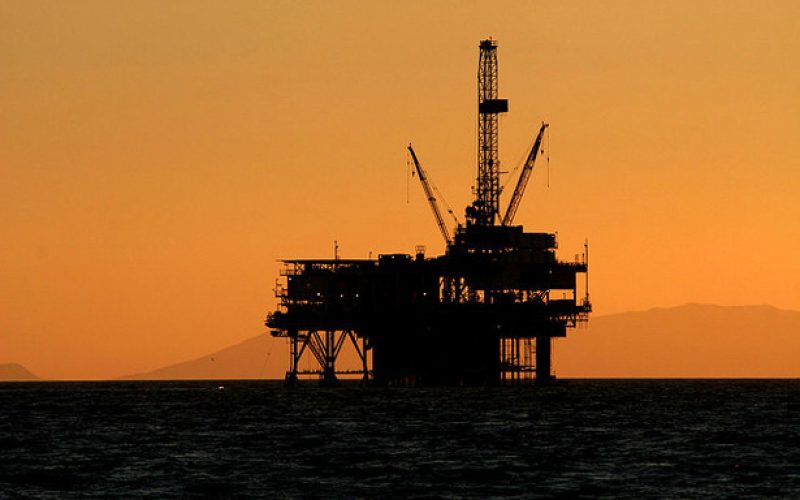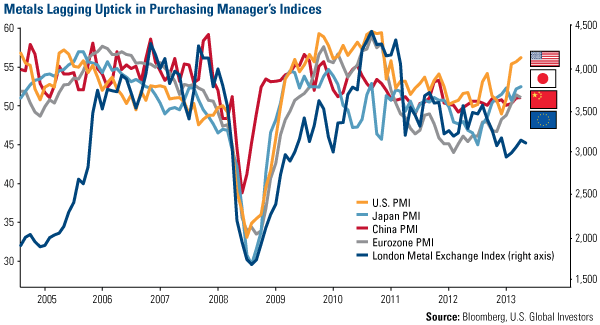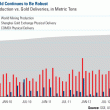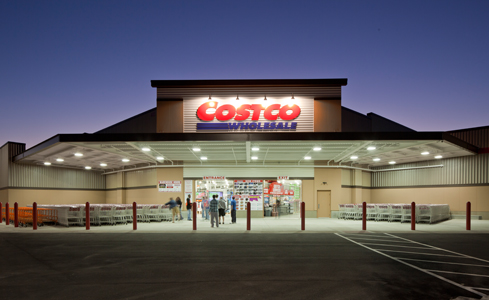Energy and Natural Resources Market Radar (October 14, 2013)
Strengths
- North American oil production is showing no signs of slowing down and will likely continue growing even if prices fall to around $60 a barrel, more than $40 below today’s price, an analyst said at a Houston conference Tuesday. Tony Scott, manager of oil and gas analysis for Bentek Energy, said the $100-plus price means high returns for oil companies. With companies cutting their costs and improving their production methods, their work probably will remain lucrative at far lower prices, he said. U.S. benchmark light, sweet crude ended up 46 cents at $103.49 a barrel Tuesday on the New York Mercantile Exchange. “We’ll see a slowdown at $80, but it’s not going to be a dramatic slowdown,” Scott said at the Platts Commodity Week conference held at the Hilton Americas in downtown Houston.
- Costs for European chocolate makers have jumped almost a third in the past year because of a surge in key ingredient prices, raising prospects of a further squeeze in margins in a supply scramble ahead of Christmas, Valentine’s day and Easter. Cocoa butter, which provides the melting quality in chocolate, surged almost 70 percent in the year to August, while milk powder jumped 50 per cent, leading to a 31 percent rise in the cost of making a bar of milk chocolate, according to commodity data specialists Mintec.
Weaknesses
- Copper prices slipped to $3.27 per pound, down 3 cents on the week, as reports from LME week in London indicate the copper market will move into a slight oversupply situation in 2014.
- At its investor day last week, Michelin presented its expectation for a flat global market for giant mining tires in 2014 and 2015. Michelin cited excess mining tire inventory levels, with a destocking cycle set to last until 2015. This highlights again that mining companies are underspending in sustaining capital at the present time as they look to cut costs.
Opportunities
- LNG-powered locomotives could be in widespread use on North American railroads as early as 2016 or 2017, according to Railway Age, one of the industry's leading technical publications. This is far sooner than most energy analysts expect. Burlington Northern Santa Fe (BNSF) railroad, owned by Warren Buffett's Berkshire Hathaway, made headlines earlier this year when it announced it would begin experimenting with an LNG-fuelled locomotive and might, in the future, switch a large proportion of its train fleet from diesel to cleaner-burning and cheaper natural gas. In 2011, the railroads consumed just over 3 billion gallons of distillate fuel oil, almost 5.5 per cent of the total diesel consumption in the United States.
- The World Steel Association released its Short Range Outlook for 2013 and 2014. It forecasts that global apparent steel use will increase by 3.1 percent to 1,475 million tonnes in 2013 following growth of 2.0 percent in 2012. In 2014, it is forecast that world steel demand will grow further by 3.3 percent and will reach 1,523 million tonnes. Worldsteel Economics Committee Hans Jürgen Kerkhoff said “The key risks in the global economy - the eurozone crisis and a hard landing for the Chinese economy - which we identified in our last SRO issued in April, have continued to stabilize through the past six months. Our underlying assumption remains that the U.S. will resolve its fiscal constraint soon.”
- An energy firm run by Aubrey McClendon, the former Chesapeake Energy Corp. CEO, has raised $1.7 billion to drill on shale acreage in Ohio's Utica Shale, the firm said on Wednesday. Proceeds will initially be used to acquire and drill on about 110,000 acres in the southern portion of the Utica Shale. Drilling operations will begin with one rig in the fourth quarter of 2013, and the firm plans to increase drilling activity to at least 12 rigs over the next 2 to 3 years, the firm said. McClendon, who co-founded Chesapeake in 1989, left in April after clashes over spending with the company's board and a series of Reuters investigations led to civil and criminal probes of the company.
Threats
- Commodities traders who buy and sell as much as $5.67 trillion of raw materials a year say the benchmark prices for everything from oil to iron ore to gasoline are wrong as often as 27 percent of the time. In a Bloomberg News survey conducted during the past eight weeks, 85 traders and analysts said they have little confidence in the assessed prices of crude, metals and iron ore. Regulators, including European Union Competition Commissioner Joaquin Almunia, may examine commodities markets, having already increased investigations of manipulation of benchmarks for interest rates, derivatives, foreign exchange and oil. Five years after the global credit crisis prompted more regulation of banks, benchmark prices for hundreds of commodities are determined through surveys of anonymous traders who may have a stake in the outcome of the assessments. Unlike stock prices, available in real time at regulated exchanges for all investors to see, many raw materials that go into food, clothing and power are bought and sold in private.
















